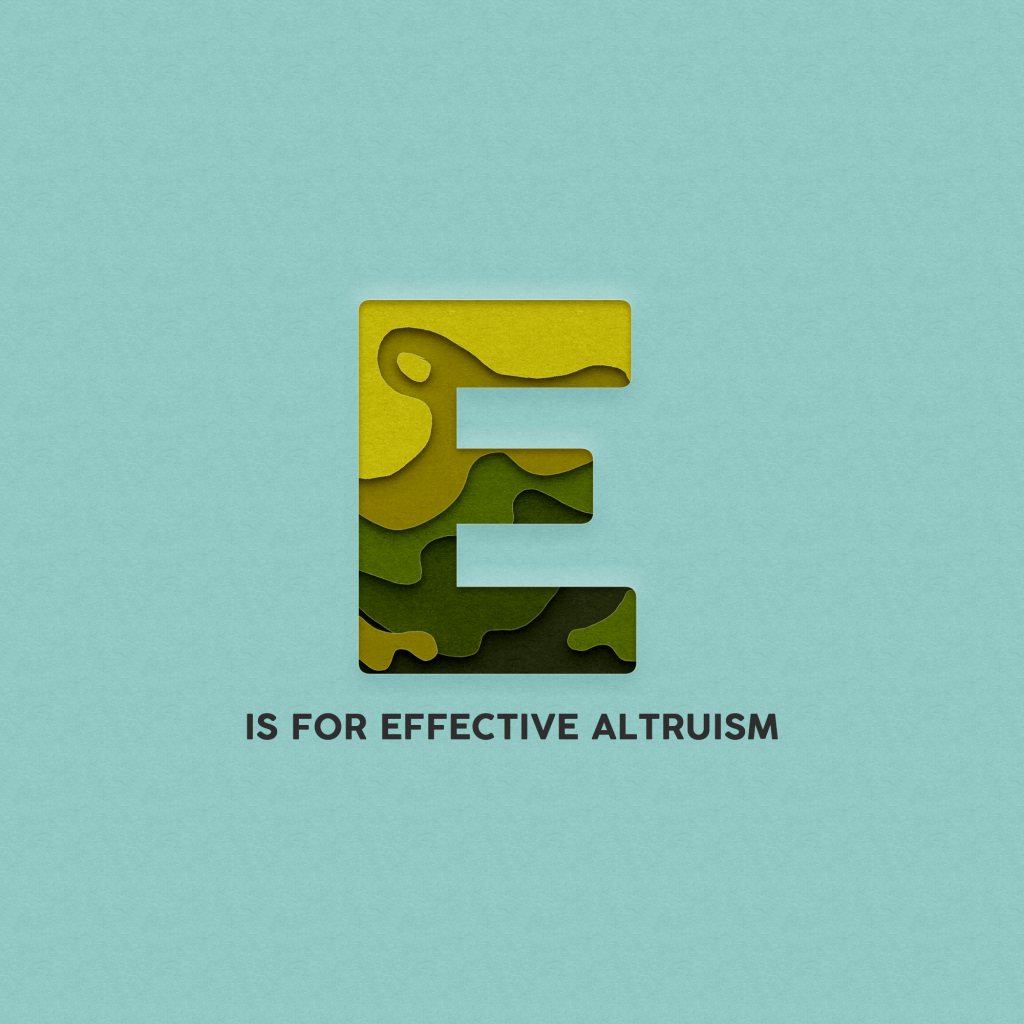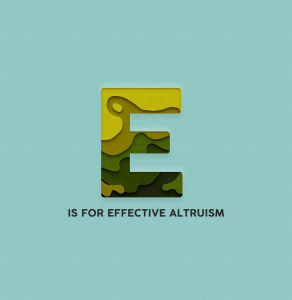With my latest post, I explored the Black Lives Matter movement and its roots, aims, and hashtag. At the end of the post, I provided a list of articles to further read about the movement, structural racism, and a list of what you can do to help the cause. The list includes points such as being an ally by using social media for good, donating money, and calling out racist policies, power dynamics, and comments. Reading about the ways we can sustain the fight against racism got me thinking about a book I read a while back called ’Doing Good Better’, written by William MacAskill, Associate Professor in Philosophy and Research Fellow at the Global Priorities Institute, University of Oxford. MacAskill promotes ’effective altruism’, in short, a philosophy trying to answer the question: ‘how can we use our resources to help others the most?’. Could the ideas of effective altruism help us in understanding how we can help a specific cause in the best way possible? And is doing ‘something’ always better than doing nothing?

But what is effective altruism?
It’s a philosophy and area of research dedicated to finding how we can use evidence instead of ’what feels good’ as a measure of deciding how we can most efficiently help most people. There are several organizations, such as 80,000 hours, The Centre for Effective Altruism, and Giving What We Can, working with these research areas. 80,000 hours have dedicated part of their research in finding so-called ’priority areas’ where further work, research, and money is needed. Racism per se not being one of these but issues related to inequality and injustice are, such as the development of artificial intelligence, climate change, and improving people’s health. They also have looked into which ways are most effective in order to make the world a better place and have created five categories of careers where you can help out most, including research in relevant areas, government, and policy in areas relevant to top issues, work at effective non-profits, apply unusual skillsets to a needed niche or simply having a job where you can earn a higher wage in order to donate to effective charities. That said, working for an NGO doesn’t seem to be the only option for professionals wanting to make a positive impact on the world.
” We simply say:
‘Here are the facts, and here’s how you can do a ton of good at almost no cost to yourself.’ ”
– William MacAskill
Praise and criticism
Scanning the internet for blog posts about effective altruism I find everything from praise to harsh criticism. Some say it’s a movement for white guys in tech who want to feel like they make a difference. Others agree with the outlook that ”if we want to do good, we need to focus on the concrete, long-term outcomes of our actions and not solely on our warm, emotional intentions”. Some of the criticism is that it weighs ”causes and beneficiaries against one another”, according to Ken Berger and Robert M. Penna, partially based on some of the examples provided by the effective altruism movement claiming it’s more important to save two people’s lives rather than one. Berge and Penna instead believe that donors should be informed and that ”being an informed donor means using the information one gathers to help guide resources toward those organizations that are doing the best work in whatever field or cause area one chooses to support”.
Yet I wonder, does it have to be so black and white? Why does making an informed decision have to be separate from making a decision backed by research?
William MacAskill explains: ”There is already a lot of charitable marketing that tugs on your heartstrings. Effective altruism takes a different approach. We simply want to do the most good for the most people, and we use the evidence to help us do that. We don’t want to trick or manipulate people. We simply say, “Here are the facts, and here’s how you can do a ton of good at almost no cost to yourself.”.
It is clear that the effective altruism movement has brought up some ethical questions regarding development work and funding. But could we apply the ‘effective altruism’ research to recognize where our time, energy, and dollars are best spent? And could we apply this to a specific movement such as Black Lives Matter? Well, no one seems to have the answer but both parties express the importance of making informed decisions.

So, what should we do?
Sharing content, whether it be educational on injustices that black people face or a simple yet effective black square, does seem to be an important first step in raising awareness. After all, it was thanks to shared social media content and international media attention that we all talked about the BLM-movement this spring and summer. So, to answer the first question in this post, doing something (such as sharing content) is better than doing nothing. The black squares that some of us shared served an important purpose. But in order to create the necessary social and political change, I believe more work is needed. Whether or not you believe that following effective altruism methods is the way to go, I think it’s important to act consciously and to make an informed decision on where to spend your time, energy, or money. And that includes informing yourself, honestly evaluating what you can contribute with, and then taking action.
What do you think about effective altruism?

